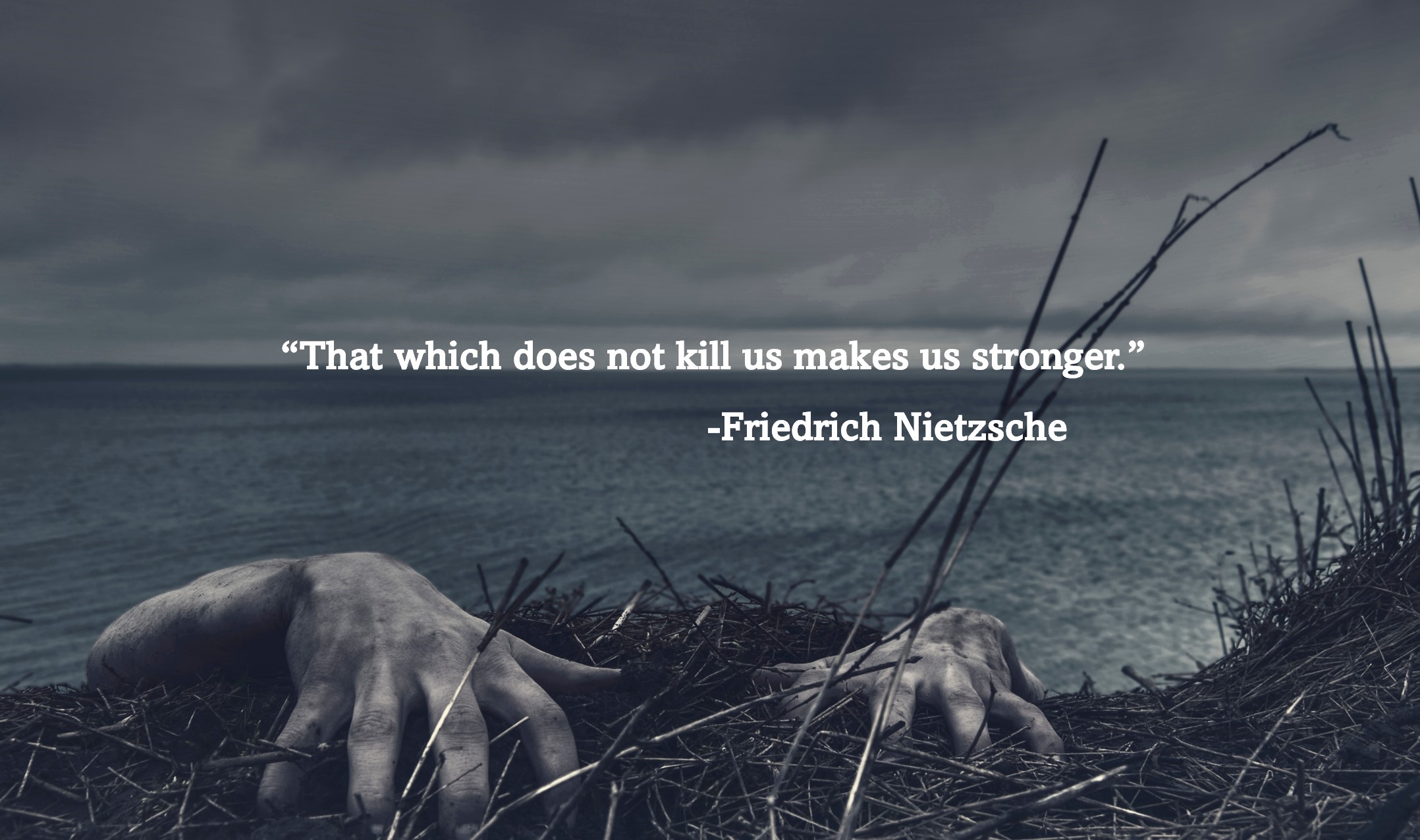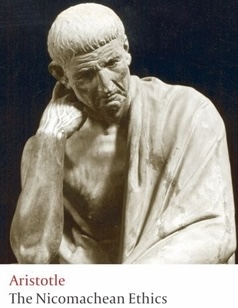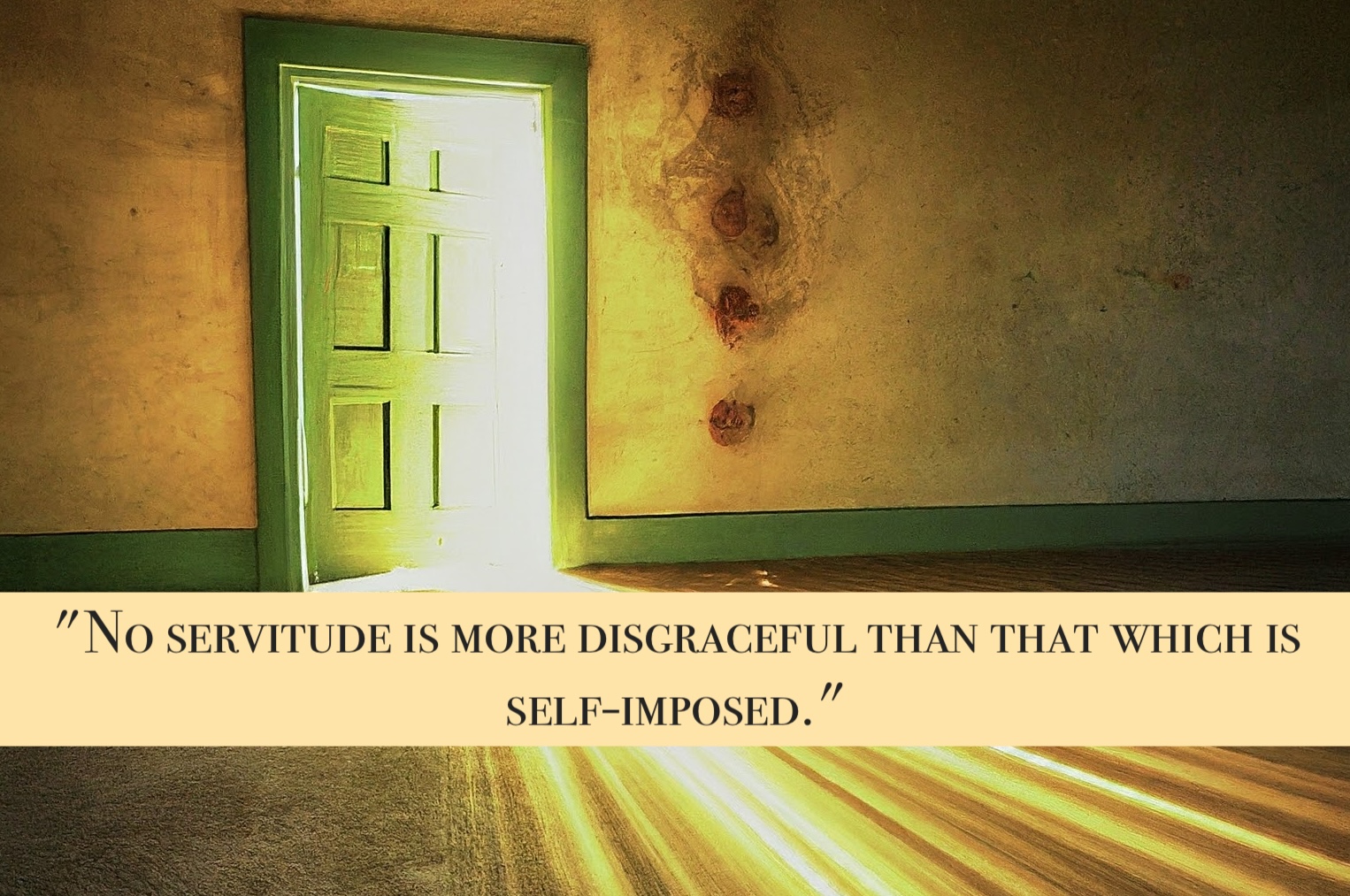Unveiling the Profound Insights of Friedrich Nietzsche’s “Beyond Good and Evil”

Have you ever delved into the philosophical depths of Friedrich Nietzsche's timeless masterpiece, "Beyond Good and Evil"? This remarkable work stands as a resounding testament to Nietzsche's scathing critique of the very pillars that shape our society: philosophy, religion, science, politics, and ethics. As I embarked on a journey through its pages, I found myself captivated by Nietzsche's unrelenting intensity, as he fearlessly challenges the foundations of traditional values and morality entrenched in Western culture. Little did I expect that this 19th-century gem would evoke such a profound and, at times, unsettling impact on my own mind, resonating with undeniable relevance even in the 21st century.
Morality: Exploring Nietzsche's Critique and Alternative Perspectives
Morality has been a subject of philosophical inquiry for centuries, shaping our understanding of right and wrong, good and evil. In "Beyond Good and Evil", Nietzsche presents a compelling critique of traditional morality and offers alternative perspectives on how we can approach moral values. He divides morality into the Slave Morality and Master Morality. To Nietzsche, the traditional moral values is rooted to the slave or herd morality that glorifies humility, selflessness, and obedience. This herd mentality, he believes seeks safety and security in conformity to the social norms and sacrifices their own desires and needs for the sake of the greater good of the society.
Morality is just a fiction created by the herd of inferior people to hold back few superior man.
Friedrich Nietzsche; Beyond Good and Evil
On the other hand, Master morality is based on individualism and desire for power and greatness. They value strength, courage and assertiveness and pursuit of self-interest as the higher goal. He believes this mentality is responsible for greatness and will move the human race forward. This is quite intriguing as I believe that every human struggle between these two mentality all the time. This has been the fundamental aspect of human history. His words struck a chord within us, forcing us to reevaluate the moral framework that we have long accepted as unquestionable truth. Could it be that the values we hold so dear are mere illusions, designed to keep the exceptional among us in check?
There is no moral phenomena; only a moral interpretation of the phenomena.
Friedrich Nietzsche; Beyond Good and Evil
Nietzsche beckons us to rise above the conventional notions of good and evil, to cast off the chains of societal expectations, and to embrace a morality that acknowledges the intricate tapestry of human nature. We must advocate for the overcoming of traditional morality and embrace the our desires, instincts, and passions, free from societal norms and constraints. Nietzsche's audacious philosophy challenged us to confront the inner struggle that has plagued humanity for centuries—the battle between our own authentic selves and the expectations imposed upon us.
Will to Power and the Übermensch: Embracing Individualism and Self-Actualization
Perhaps Nietzsche's most captivating concept is his proclamation that the driving force behind human behavior is the "will to power." It is a primordial desire that resides within each of us—a relentless pursuit of power, self-affirmation, and self-overcoming that fuels our every action and motivation. Nietzsche's rejection of the conventional wisdom that rationality or moral considerations drive human behavior struck me deeply. Instead, he asserts that our true motivations lie in the fundamental yearning to assert our power, express our individuality, and triumph over the obstacles that stand in our path.
One could trace all the organic function back to this will to power.
Friedrich Nietzsche; Beyond Good and Evil
In contrast, Nietzsche advocates for a more individualistic and life-affirming perspective. He introduces the concept of the Übermensch, which is often translated as the "Superman" or "Overman." The Übermensch represents the ideal human being who embraces and transcends traditional values and moralities. It is an individual who embodies the full realization of their potential and creates new values based on their own individuality. The Übermensch is not bound by the restrictions and moral judgments imposed by society but rather exercises their will to power freely. They reject the notion of good and evil as fixed and objective categories and instead create their own values based on their unique perspective and self-overcoming. They embrace the challenges and uncertainties of life, seeking to continually grow, evolve, and surpass their previous limitations. Nietzsche's concept of the Übermensch serves as a call for individuals to embrace their inherent power and strive for self-actualization.
Epistemology and Perspectivism: Embracing Multiple Interpretations
The problem we face today with the philosophy is we believe what the philosopher says without investigating it. Nietzsche's assault on conventional wisdom does not stop at morality. He attacks philosophers saying knowledge and understanding are inherently subjective and influenced by the perspectives of the knower. Everything said by the philosopher is not fact but a perspective and proposes a concept known as perspectivism.
Perspectivism, as presented by Nietzsche, suggests that all knowledge and interpretations of reality are inherently limited and shaped by the particular perspective from which they arise. He emphasizes the limitations of human knowledge and the fallibility of our perceptions and interpretations. He argues that even scientific knowledge, which claims objectivity and universality, is ultimately shaped by the perspectives and biases of the scientists themselves. According to Nietzsche, our knowledge is always situated within a specific historical, cultural, and personal context, which inevitably colors our understanding of the world.
"When we speak of facts, this means just: that we have forgotten the standpoint from which alone we can see them; the 'thing in itself' is precisely this standpoint."
Friedrich Nietzsche; Beyond Good and Evil
Rather than seeking to attain an illusory objective truth, Nietzsche encourages a critical examination of our own perspectives and an openness to multiple interpretations. He suggests that embracing perspectivism can lead to a richer and more nuanced understanding of reality. Rather than striving for an unattainable universal truth, Nietzsche advocates for a multiplicity of perspectives, each offering valuable insights into the complexity of existence. I believe this critical examination of our perspective will make us more present and leads us towards self-awareness and self-discovery.
The Revaluation of All Values and the Eternal Return: Challenging Assumptions and Embracing Life
Nietzsche's call for the "revaluation of all values" is something everyone should be aware of. A radical reassessment and reevaluation of existing moral, cultural, and philosophical frameworks is utilization of our freedom and a path towards self-discovery. Since the traditional system is often influenced by historical and cultural contingencies rather than representing absolute truths, embracing the task of reevaluating values requires courage and a willingness to confront and challenge deeply ingrained assumptions and norms.
He who has a why to live can bear almost any how.
Friedrich Nietzsche; Beyond Good and Evil
Additionally, Nietzsche introduces the concept of the eternal return, which serves as a thought experiment and a test of one's values. The eternal return suggests that individuals should live their lives as if their actions and choices would repeat infinitely. It is a concept that emphasizes the significance of individual responsibility and the need to affirm life in the face of its inherent suffering and challenges. It encourages individuals to affirm life, finding meaning and purpose within the finite existence that they have. This idea of the acceptance of the eternal return as a transformative affirmation of life, I believe, is a way to overcome nihilism.
Through the revaluation of all values and the contemplation of the eternal return, one seeks to create new values that are grounded in their own individuality and personal growth. And when individuals have a strong sense of purpose or a deep understanding of their values, they can endure and overcome various hardships.
Whether we fully embrace Nietzsche's perspectives or not, I believe engaging with his ideas encourages us to cultivate a more nuanced understanding of morality and to explore the complexities of human nature in our quest for a meaningful moral framework. By engaging with Nietzsche's ideas, we are prompted to question the foundations of our beliefs, to examine our own perspectives critically, and to transcend the limitations imposed by societal norms. Nietzsche encourages us to embrace our inherent power, tap into our true potential, and create our own values based on our individuality and self-overcoming. As we navigate the complexities of existence, Nietzsche's philosophy reminds us that the pursuit of a meaningful moral framework requires introspection, courage, and a willingness to challenge the status quo.
Some notable Quotes:
"In every real man a child is hidden that wants to play."
"He who fights with monsters should look to it that he himself does not become a monster. And if you stare long enough into an abyss, the abyss also stares back into you."
"The surest way to corrupt youth is to instruct him to hold in higher esteem those who think alike than those who think differently."
"The idea of suicide is a powerful solace; by means of it one gets through many a bad nights."
"The higher we soar, the smaller we appear to those who cannot fly."
"Under conditions of peace, the war like man attacks himself."




Leave a Reply
You must be logged in to post a comment.